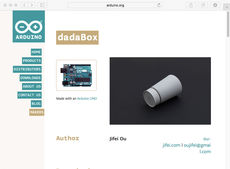Industrial Design
Prof. Frank Georg Zebner
T +49 (0)69.800 59-150
University of Art and Design
West wing 2nd floor
Department of Design
Department of Industrial Design
Schloßstraße 31
63065 Offenbach am Main
Research assistants
Lina Djouiai
Graduate designer, doctoral candidate;
Industrial Design and Designpark 3
Karlotta Klussmann
Graduate designer, doctoral student;
Industrial Design and Designpark 3
Christina Timmann
Graduate designer, doctoral student;
Industrial Design and Designpark 3
Doctoral students
Dr. phil. Dr. phil. Florian Arnold, MA
Dr. phil. Sandra Kroll, graduate designer
Dr. phil. Fabian Kragenings, graduate designer
Dr. phil. Benjamin Vogt, graduate designer
Pia Scharf, graduate designer
Lina Djouiai, graduate designer
Karlotta Klußmann, graduate designer
Christina Timmann, graduate designer
Student assistants
Kamola Khudayberdieva (Archive)
Franca Hoßfeld (Media)
Niklas Karl (Technology)
Doctoral candidates
Prof. Dr. phil. Dr. phil. Florian Arnold, MA
Dr. phil. Sandra Kroll, Diplom-Designerin
Dr. phil. Fabian Kragenings, Diplom-Designer
Dr. phil. Benjamin Vogt, Diplom-Designer
Prof. Pia Scharf, Diplom-Designerin
Lina Djouiai, Diplom-Designerin
Karlotta Klußmann, Diplom-Designerin
Christina Timmann, Diplom-Designerin
Further Information
Design means designing for sensible use and thereby reflects social-technological processes. Design developments are based on research into the technical and design interdependencies with contexts of the social-technological fabric.
In the Industrial Design teaching area, a comprehensive design approach is used to create innovative scenarios for disruptive situations in order to contribute to the improvement of human coexistence and interaction as a whole. Design projects are practiced with the help of a problem-oriented approach (teaching) and implemented in a goal-oriented manner (research and development).
Student Projects
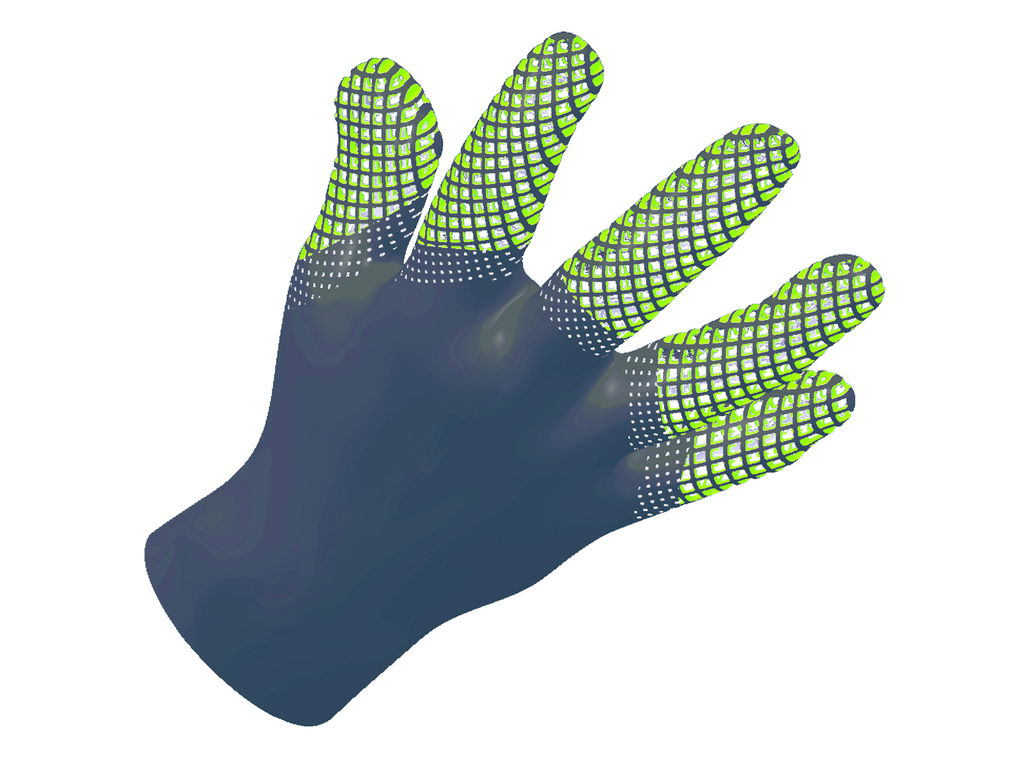
Printed glove, 2010
Barbara Ott
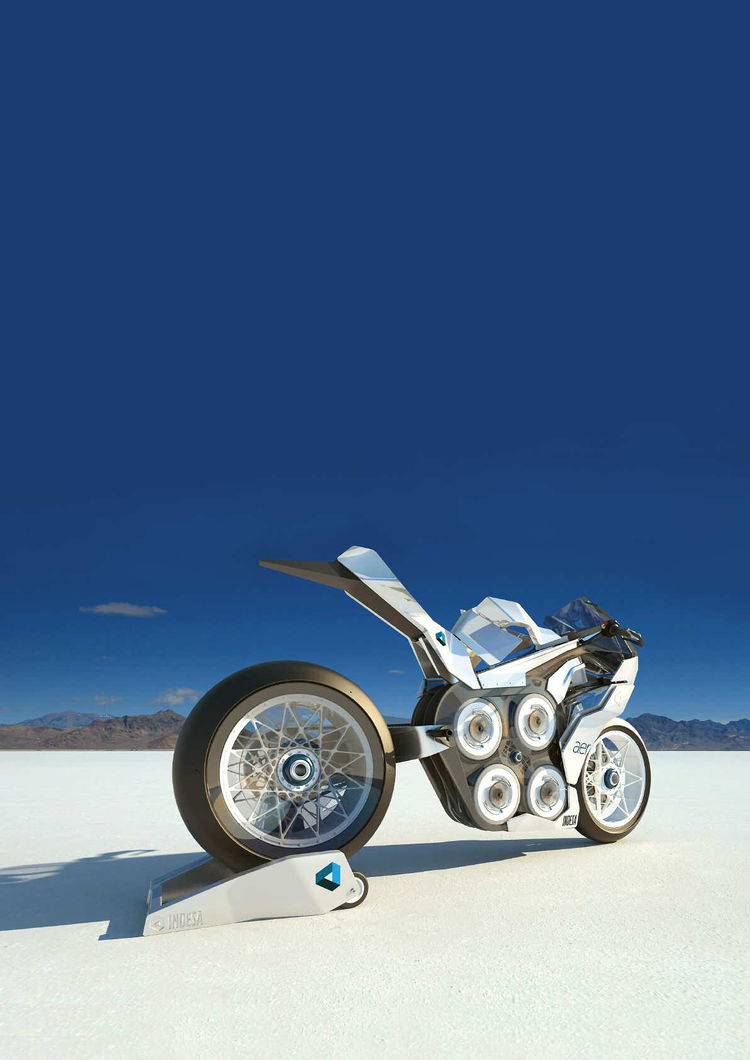
Aer E-Bike
André Look
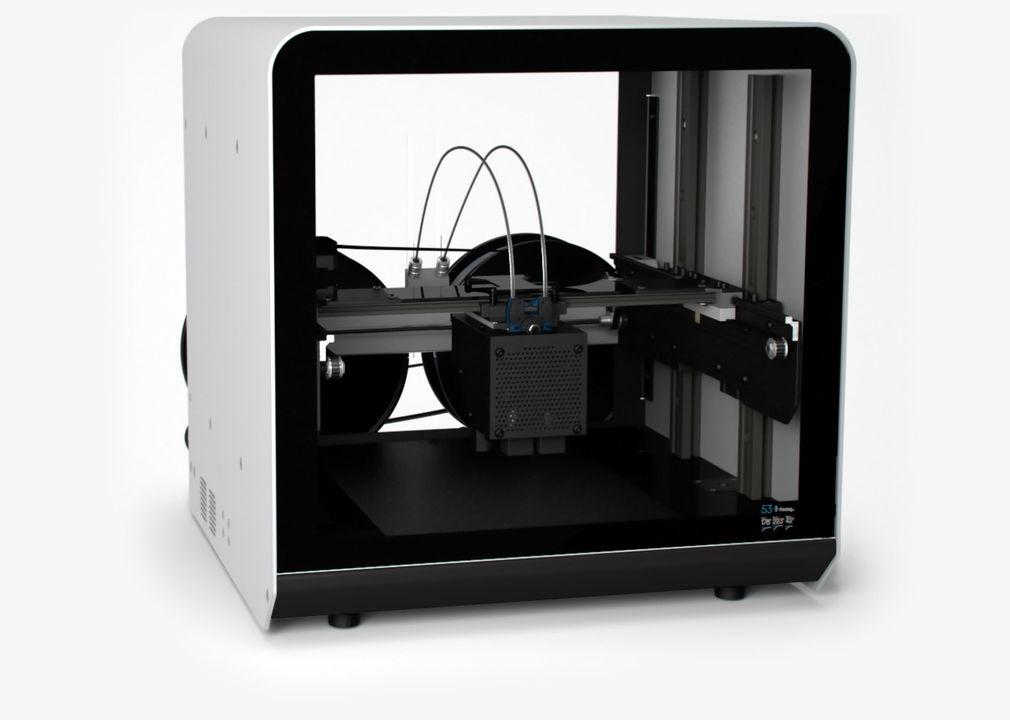
Cobot 3D Printer, 2014
Marc Schömann, Nils Mayer, Raoul Wilke
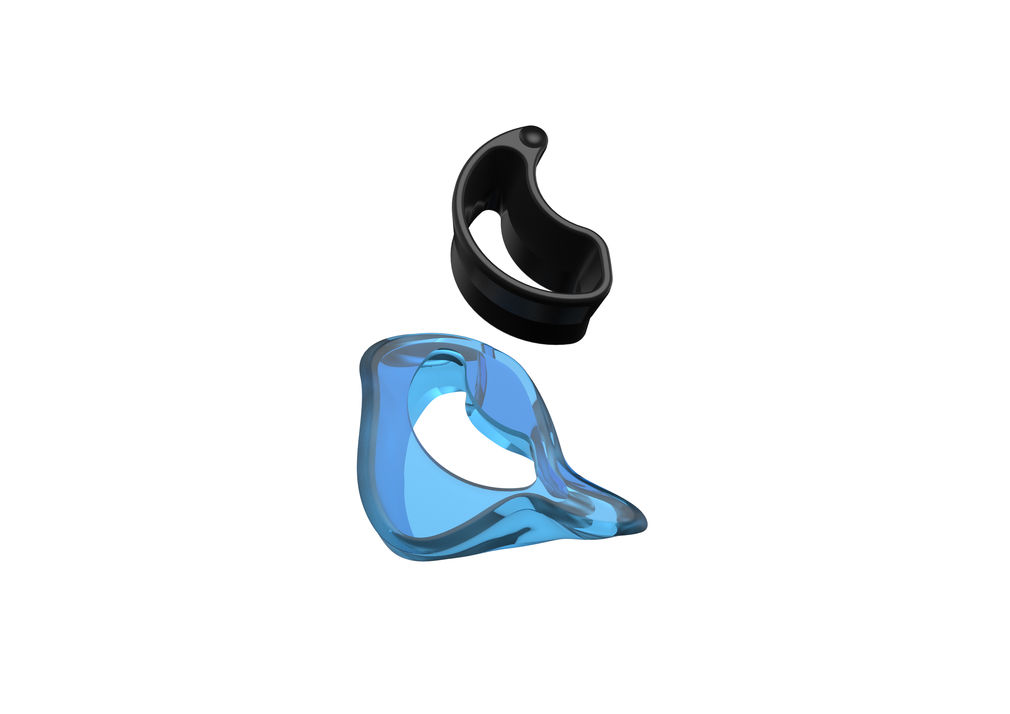
Audio View, 2013
Frauke Taplik

Minimally invasive tool, 2014
Marina Fischer
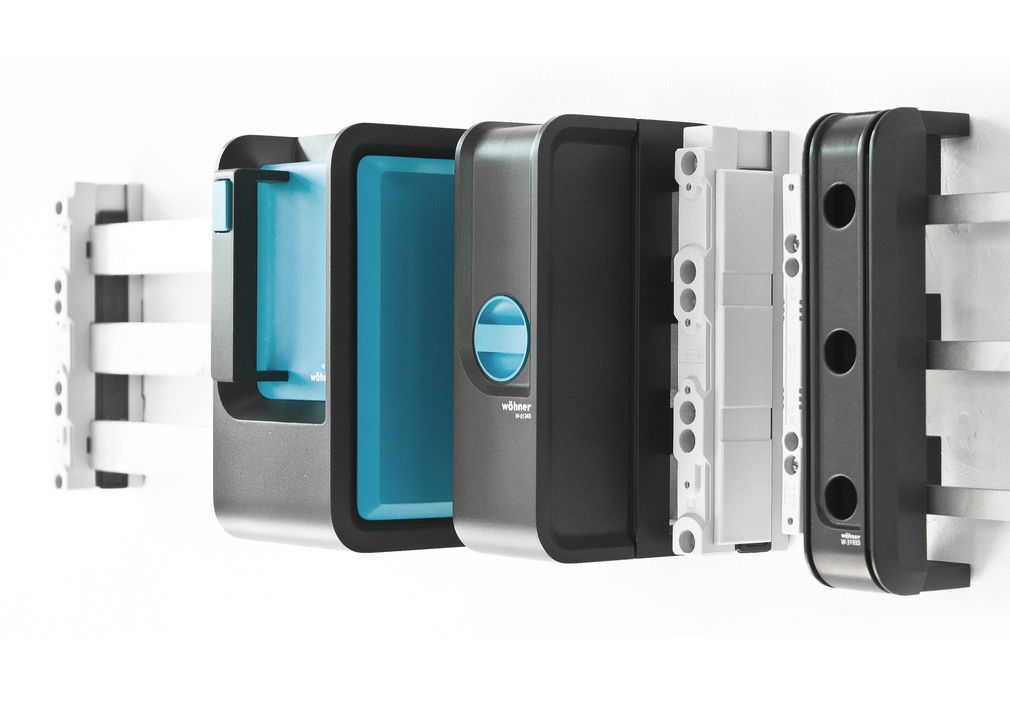
Circuit breaker, 2013
Ayoub Saaif
News
Frank Zebner becomes IDSA member
Frank Zebner, Professor of Industrial Design in the Department of Design, has been accepted as an international member of the IDSA Industrial Design Society of America. The American Design Society dates back to the founding of the American Design Institute in 1938, with Henry...
Design against the crisis: Designing for use
Johannes Bietz, HfG-student and tutor at Design Institut of Technology, with the help of his fellow student Jonas Theisinger, participates in an open source initiative for the provision of protective visors for nursing and aid institutes.
HfG-Alumni on Arduino
»DaDaBox«, a student project of Jifei Ou will be shown on arduino.org.
HfG student wins the NWW Special Design Award 2014
Marina Fischer a Product Design student, receives the Special Award at the NWW Design Award 2014. The jury was so impressed with her design Mustage - a connecting system without screws - that they chose it over entries from 200 fellow entrants. The work was produced in her 3rd...

